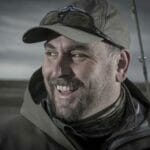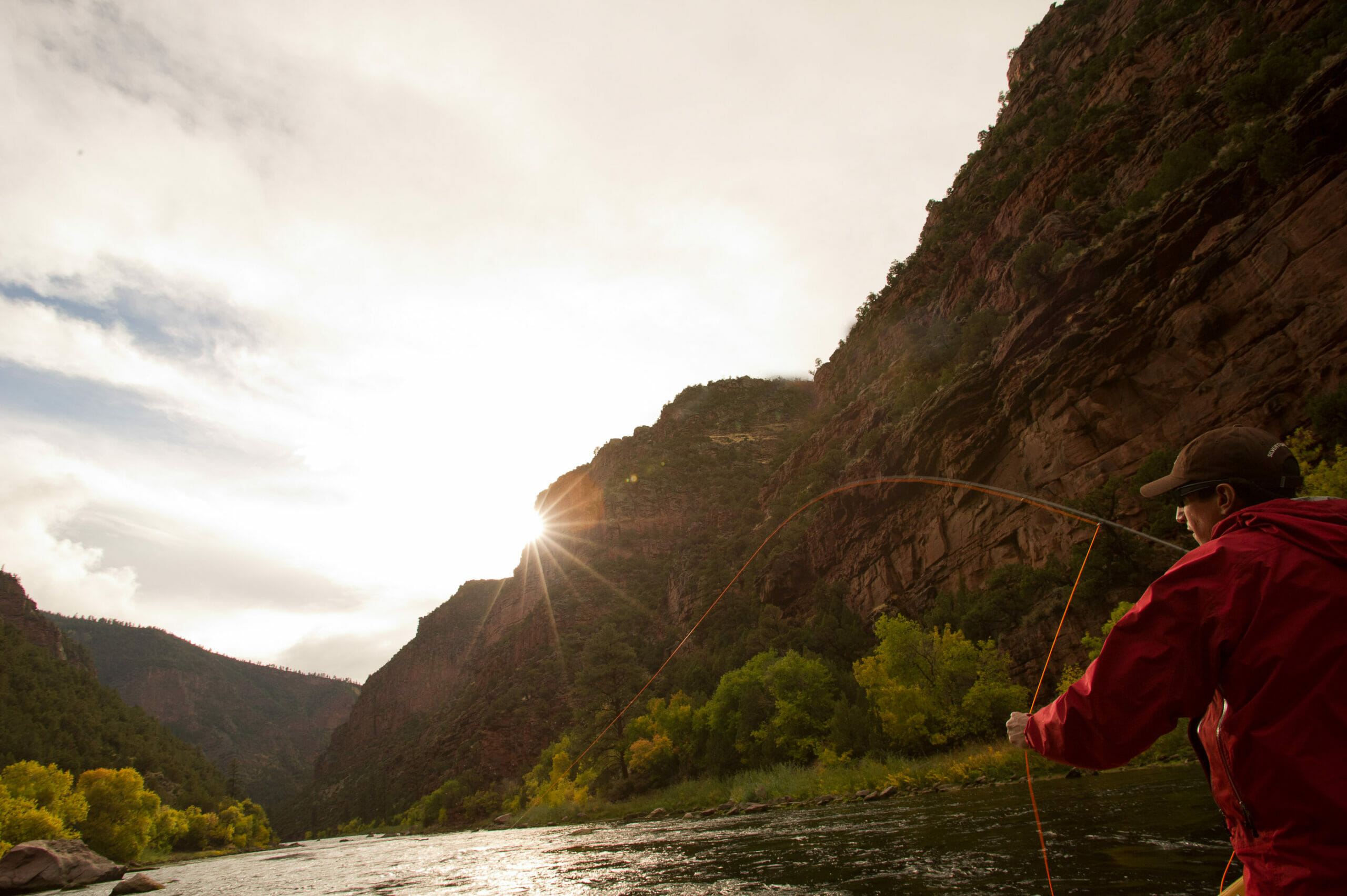I was talking with some long-time friends the other day during a social hour at the International Fly Tackle Dealer trade show in Salt Lake City, and the conversation inevitably wandered into our latest fishing adventures (surprise, surprise).
“We had the best time on the Green the other day, we absolutely destroyed ’em…” said X.
“Oh my, we really hammered fish on big dries the other day, it was amazing,” interjected Y.
“I took an afternoon off the other day, threw streamers, and really put the wood to the trout,” said Z.
Okay… admittedly, I was “Z.”
And I’d consider both “X” and “Y” to be two of the most conservation-minded, eco-conscious, leave-no-trace anglers I’ve ever known. Full-on, unabashed advocates for wild places, who have spent more money on, raised more money for, and written stories that ultimately yielded more impact for conservation causes than any others I’ve run across. Yet at that point, we found ourselves looking each other and thinking, “What the heck are we really saying?”
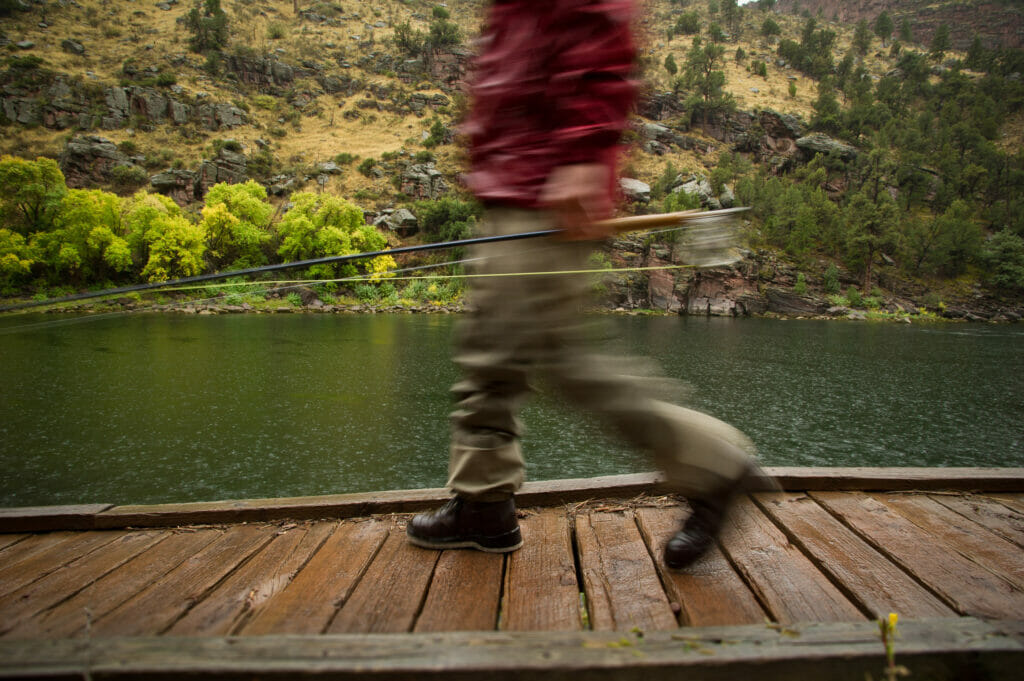
This started me thinking. To wit, I couldn’t ever, ever remember my grandfather, or my wife’s grandfather, or my father-in-law, or Charlie Meyers, or anyone from those now-lost generations who mentored me, who really taught me to fly-fish and set me, for better or worse, down the path I now tread, ever… ever… talking about “slaying trout,” or “ripping lips,” or “destroying” a pod of surface-rising trout.
When Grandfather caught a big one, yes indeed, he’d tuck it in the creel, wade home, and fry it up for breakfast. But he stopped right then and there, and went home, grateful for what the river offered. He didn’t keep fishing to pile up a big number. Charlie Meyers… John Merwin… those legendary outdoor writers were always about the story… the place… most importantly the reasons for being there.
Moreover, I thought about the “new generation” of fly anglers, and by and large, I realized they’re also in it for the experience. I absolutely love Gen-next, because they totally “get it.” Granted, I’m not into the Instagram hoick-and-show stuff, but most of the younger anglers these days (by far) are motivated by the culture, the experience and all that.
I sometimes feel ashamed that my generation of anglers is the generation that put so much emphasis on how big… how many… objectifying fish as tokens of conquest. I readily admit to playing a role in all of that. It keeps me up at night sometimes.
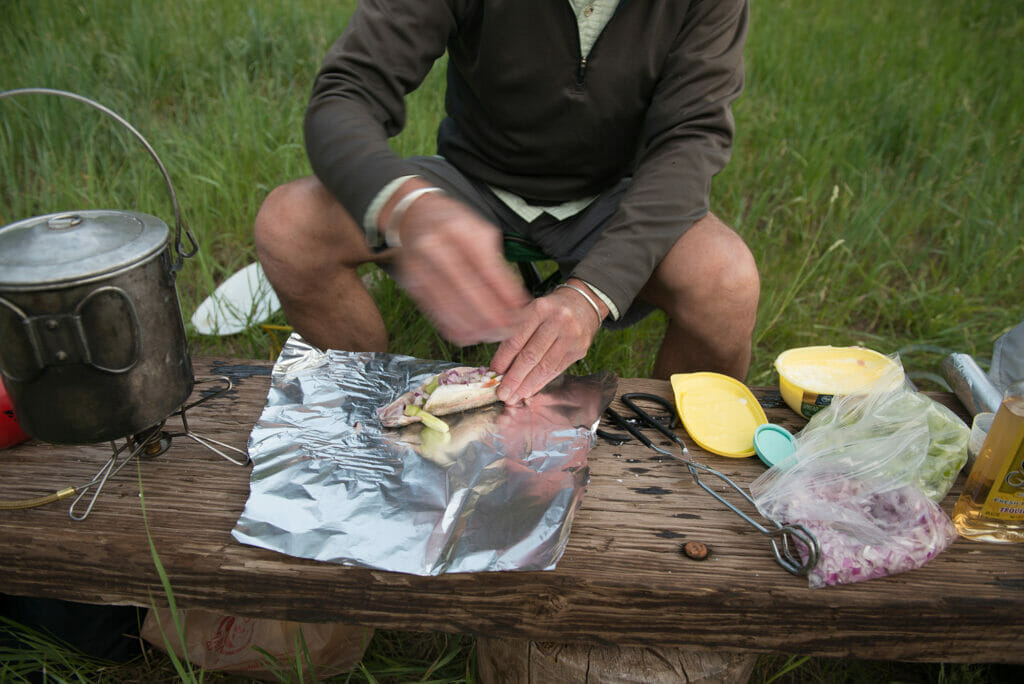
Some years ago, I spent time amongst the natives in Bristol Bay, Alaska, and the way they revered “quarry”—“the moose presented itself to me; the wild salmon are the lifeblood of my community”— forever changed me.
By hook or by crook, we have found ways to catch trout with methods any biped with opposable thumbs could master, and that’s good insofar as it gives people the opportunities to feel the wonder of the tug. Any eye opened to that experience can and should be a good thing.
But when the end goal ultimately devolves to being only about how many, and “ripping lips” or “laying waste” to as many natural creatures as we possibly can—on a trout river, or a saltwater flat, whatever—what’s the point? Where’s the real end game? What the… are we really doing?
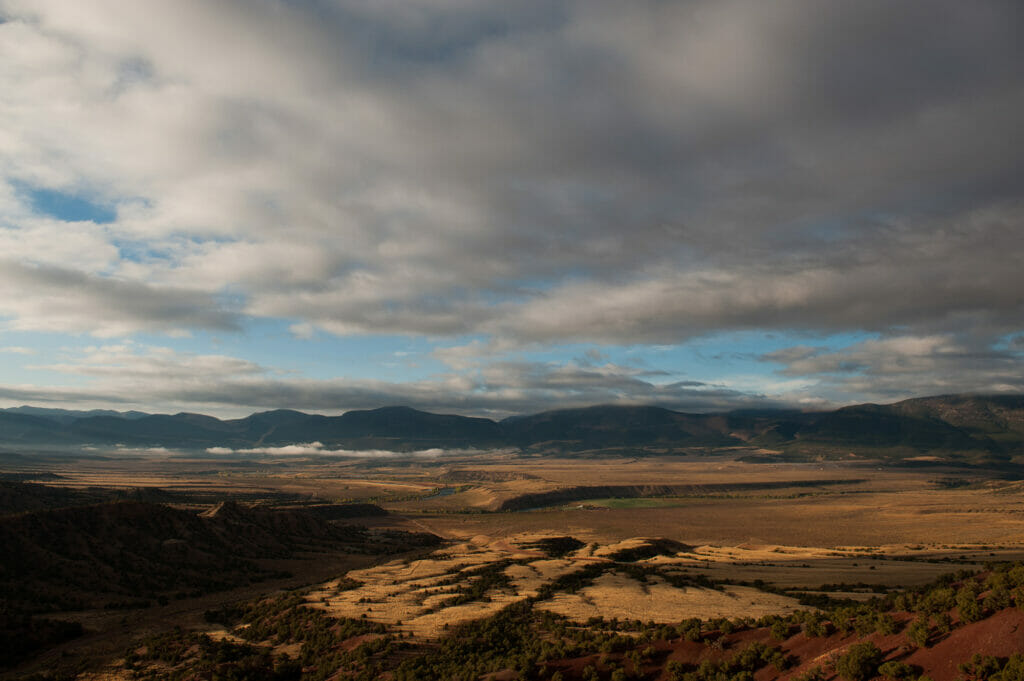
The elephant in the room, right now, is that angling pressure is as much a “conservation concern” as anything else. The thousands of wonderful TU volunteers throughout this country can plant trees, roll rocks, fix culverts, and do all that. But if that only leads to pounding the living snot out of fish, over and over, what’s the point? That’s a zero-sum game.
Oh, I totally get it. People love to be taught how to fish, and hate to be told how to fish. Fishing is a blood sport. Warts and all, I absolutely love fishing, no matter what, and I am going to be the last person on the planet to tell people to stop fishing.
But maybe it’s time to live more in the moment, and less in the game of how many.
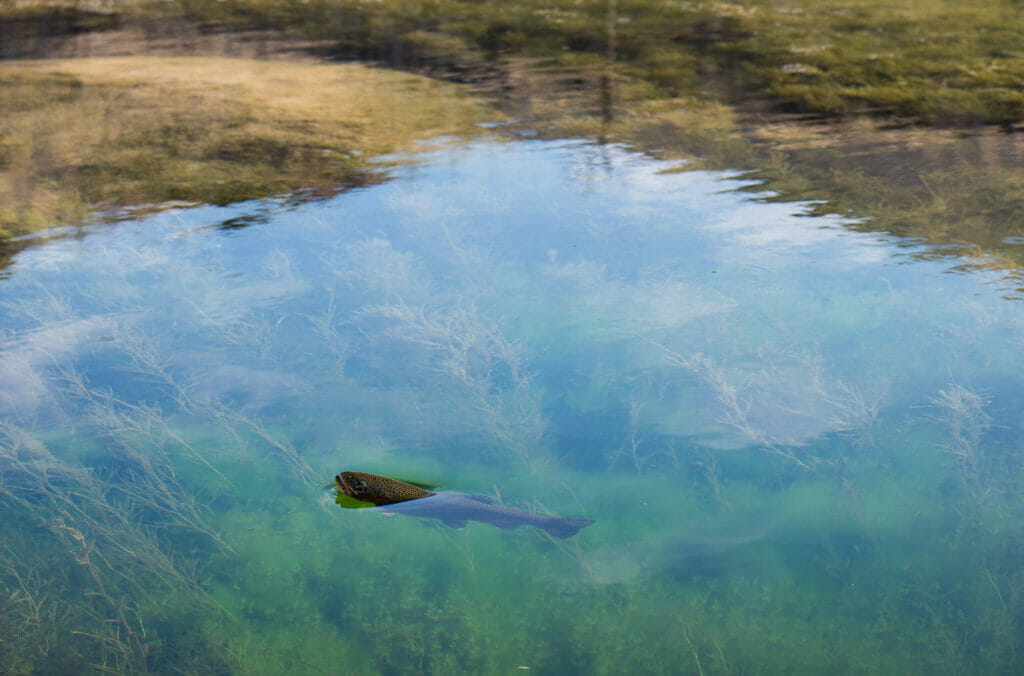
When we step into a river, maybe if we take a little more time to look around, appreciate nature, and appreciate fishing for what it really is, we do better service to the overall good, and identify more as true “anglers.” Maybe if we take a little more time to appreciate the people we’re with, and the places we enjoy, we can better understand what fishing is truly all about.
I’m done “ripping lips.” What say you?


